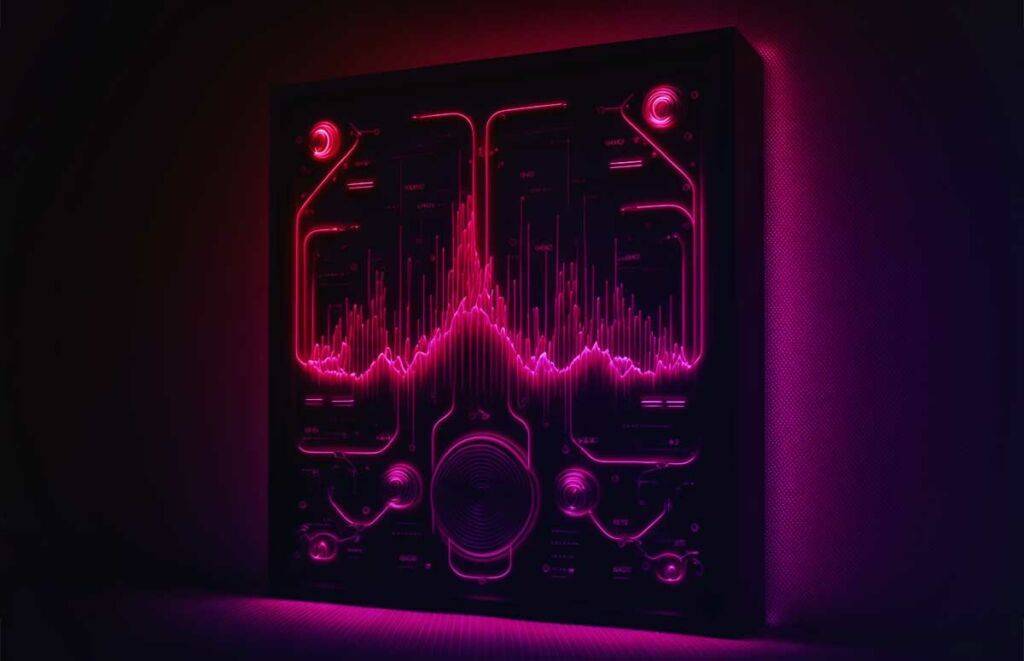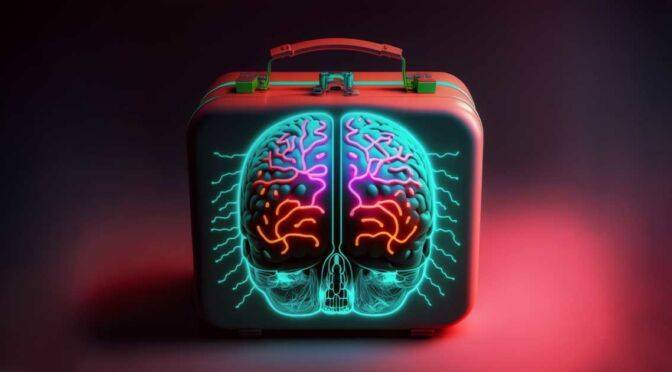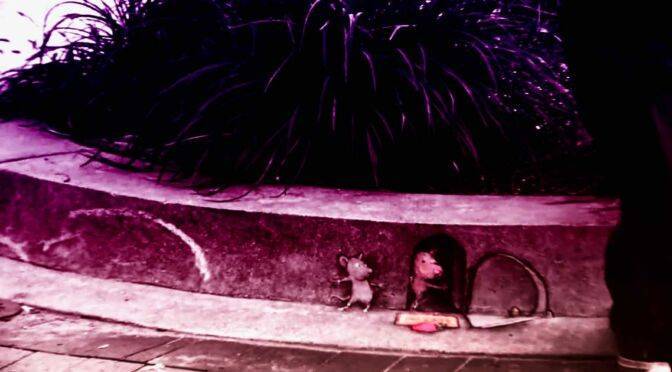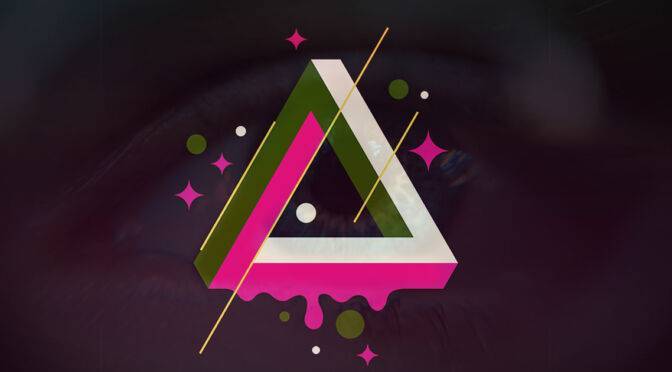A recent study by researchers at Univeristy of Iowa suggests you are far better at recalling information from some of your senses than others. Namely, people are wired to be much better at recalling sights and tactile sensations than audio information.

In the study, a gang of lucky volunteers were treated to a grand buffet of sights, sounds, and touchy-feely sensations.
They were then sent to listen to sounds through headphones, stare at a bunch of red squares of various shades, and grip an aluminum bar while feeling low-intensity tickles.
Over time, their memory of what happened faded over time. It’s naturally what happens to humans. BUT the decline was much greater for sounds and began as early as four to eight seconds after being exposed to them.
In a second experiment, the researchers decided to test the volunteer’s memory using stimuli they might encounter on an everyday basis. Participants were made to listen to audio of dogs barking like a seal, watch silent videos of a basketball game, and touch and hold objects blocked from view.
The researchers found that between an hour and a week later, the volunteers were worse at remembering the sounds they had heard, but their memory for visual scenes and tactile objects was about the same.”
It turns out that our brains are wired to excel at visual and tactile memory, but not auditory memory. In layman’s terms, we’re great at remembering what we see and touch, but not so much with what we hear. This is something worth keeping in mind when trying to commit something to memory, or when trying to help others do the same.
So next time you’re trying to teach someone something, try using pictures or drawings instead of boring lectures. And if you’re trying to remember something, try creating an image of it, on paper or in your mind’s eye.
Encoding information as symbolic visuals in your imagination is a common technique used by memory competition participants. Joshua Foer, author of Moonwalking with Einstein, describes how in his popular TED talk.

Dive Deeper
2-3X Your
Learning Speed

The “Survival Kit” of Mindfulness Techniques for Empaths
Empathy is the ability to “put yourself in the shoes” of other people and deeply connect with their experiences. The

“Silience” Reminds Us of the Brilliance Hidden Everywhere
The Dictionary of Obscure Sorrows released another beautiful short film that reminds us that our world is drenched in hidden brilliance

The World We “See” in Our Mind is Not the World Our Eyes and Brain Perceives
Have a look see at this chart used by neuroscientists Fuster, Crick and Koch to wrap your head around the

Can Sex Make You Smarter?
Much to the horror of puritanical rodents, researchers found that when rats become chronic sex fiends, they develop more powerful

